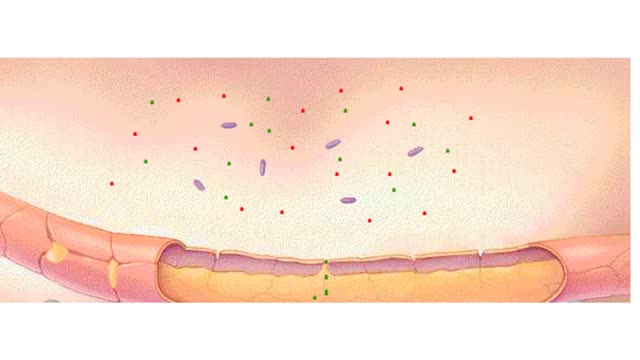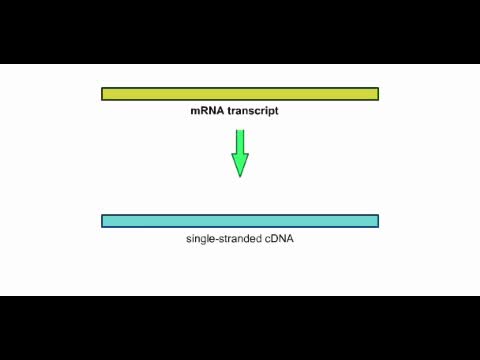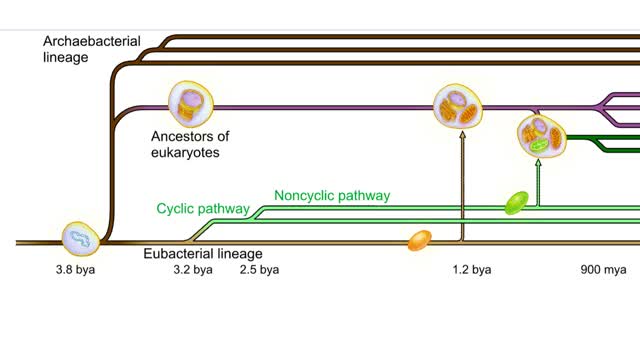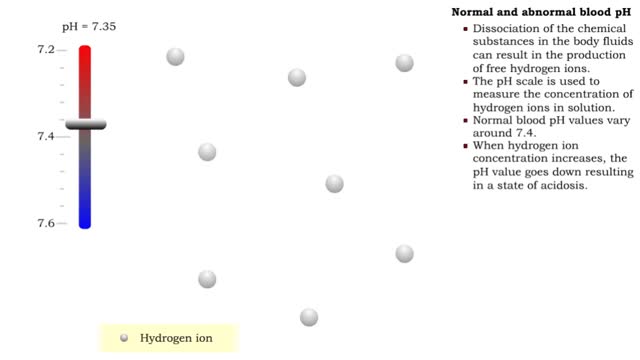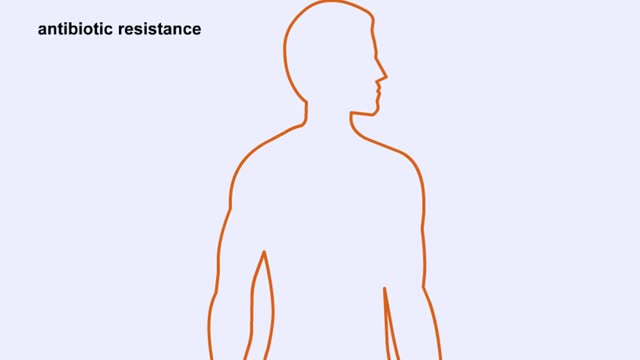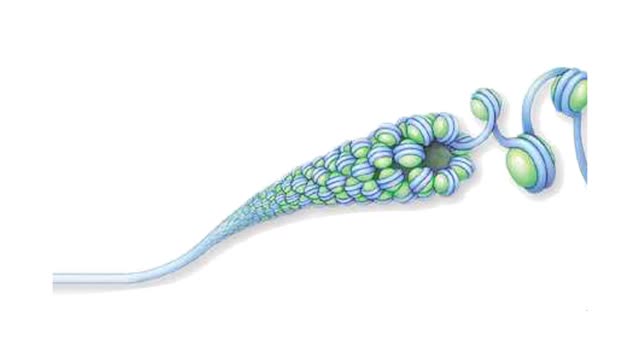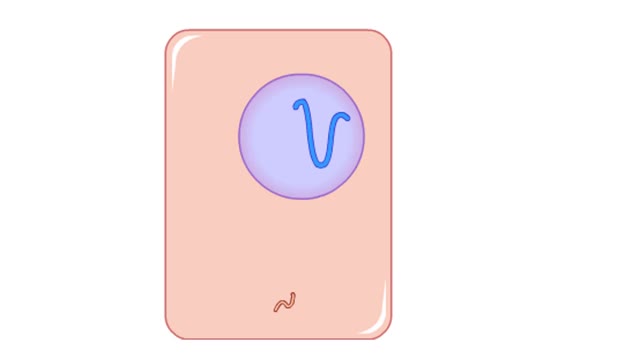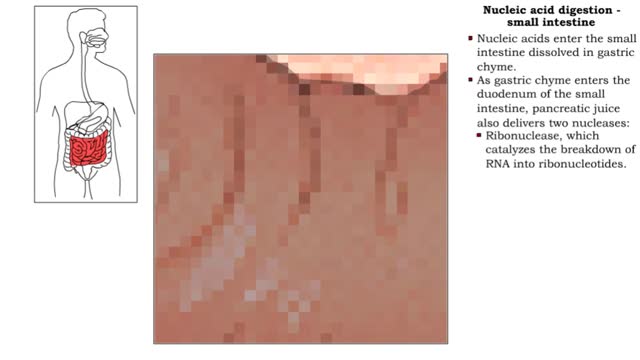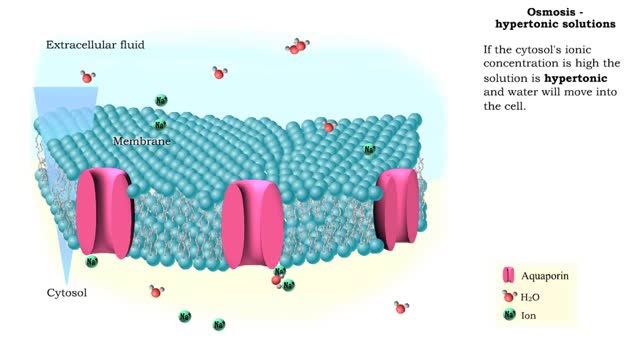Search Results
Results for: 'bacterial enzymes'
Inflammatory response Animation
By: HWC, Views: 8330
Any tissue damage or bacterial invasion can bring about inflammation. The inflammatory response can be triggered by an invasion of bacteria, or by a cut or other physical damage to cells. Chemicals, such as histamine, released by the bacteria or damaged cells. accumulate in the tissue. Thes...
By: HWC, Views: 6182
This animation shows how an mRNA transcript can be used to make a cDNA strand.
Evolutionary tree of life Animation
By: HWC, Views: 5484
An evolutionary tree of life that reflects mainstream thinking about the connections among major lineages (bya = billions of years ago, mya = millions of years ago). By about 3.8 billion years ago, chemical and molecular evolution had produced the first living cells. The first major divergenc...
By: HWC, Views: 11815
• Dissociation of the chemical substances in the body fluids can result in the production of free hydrogen ions. • The pH scale is used to measure the concentration of hydrogen ions in solution. • Normal blood pH values vary around 7.4. • When hydrogen ion concentration increases, t...
Natural Selection, Species Isolation and Real World Example
By: HWC, Views: 11199
`Natural selection' is the process in which organisms with adaptive traits survive and breed in greater number than organisms without such traits. Eventually, almost all of the individuals in the population will have the same adaptive trait. This was the concept presented by Charles Darwin in ...
Sister chromatids of a metaphase chromosome animation
By: HWC, Views: 9911
At metaphase, the chromosomes are duplicated and are at their most condensed. In each chromosome. two identical sister chromatids are held together at a constricted region called the centromere. When a chromosome is condensed, interactions among chromosomal proteins keep loops of DNA tightly ...
HIV replication/ Replication cycle of HIV
By: HWC, Views: 8900
Replication cycle of HIV, one of the retroviruses. The HIV virus is surrounded by a lipid envelope with embedded proteins. A coat of viral proteins surrounds two strands of RNA and the enzymes used during replication. The virus attaches to and enters the host cell. Viral reverse trans...
Nucleic acid digestion -small intestine
By: HWC, Views: 11837
Nucleic acid digestion, which takes place in the small intestine, involves: • Pancreatic nucleases. • Brush-border enzymes in the small intestine. • Nucleic acids enter the small intestine dissolved in gastric chyme. • As gastric chyme enters the duodenum of the small intestine, p...
Osmosis - Isotonic, Hypotonic, and Hypertonic Solutions
By: HWC, Views: 11810
Isotonic: Equal Water moves in and out of the cell at an equal rate. The cell remains unchanged. Hypotonic: "hypo" hippo Water moves into the cell, making it swell and get fat (like a hippo). Eventually the cell can rupture and burst (aka lyse). Hypertonic: "like a raisin" Water leaves...
Advertisement



